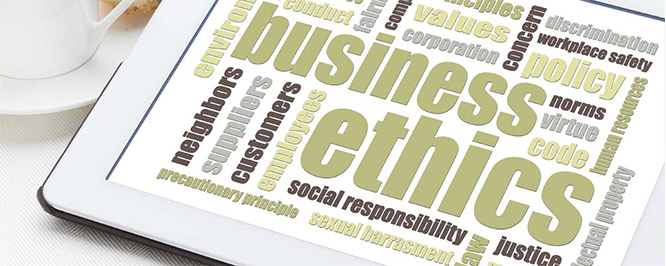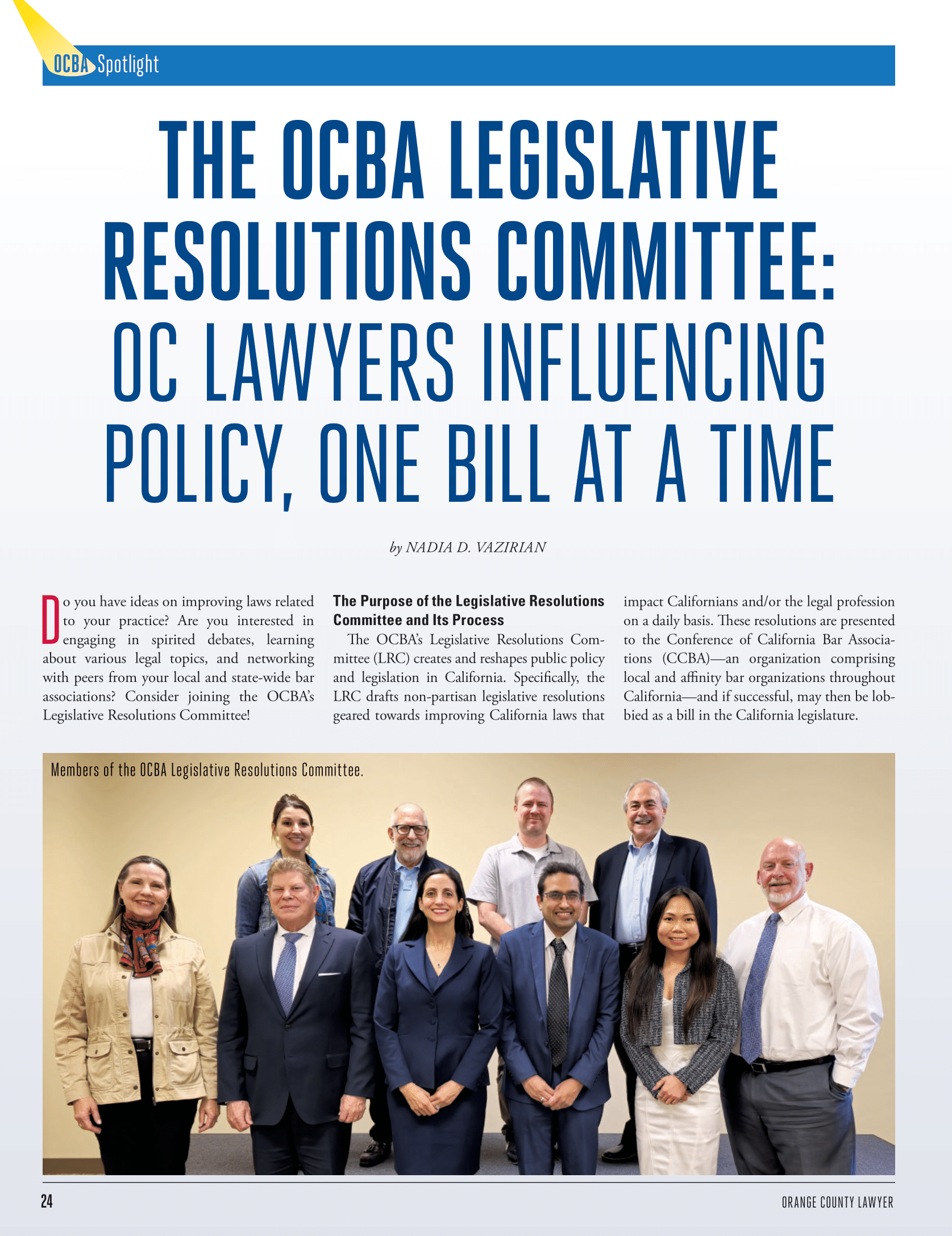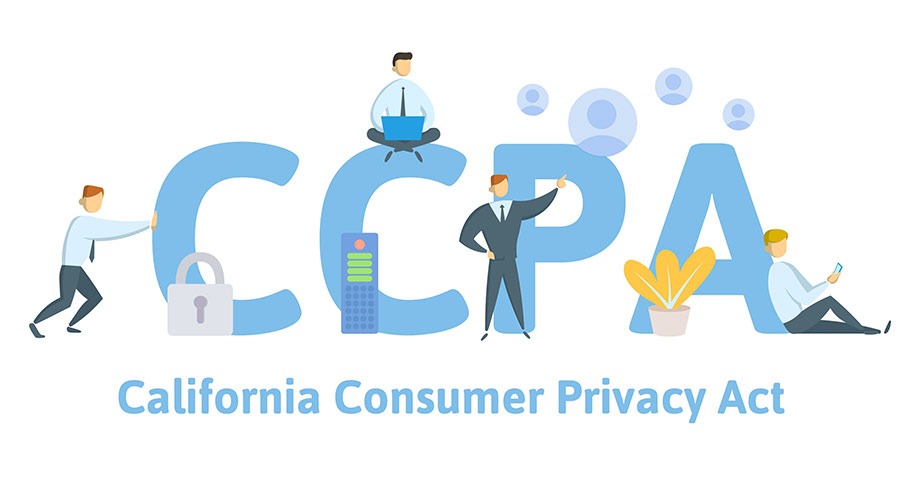
As self-interested, wealth maximizers, the impact of our actions on others is not the first thing that comes to mind when contemplating a decision. And for for-profit businesses whose primary concern is a maximized bottom-line, such considerations may be given even less weight if at all. Because people are self-interested and don’t naturally choose the good of the people over their own best interest, we have a complex judicial system that relies on laws to promote justice, fairness, and compensate those who have been treated unfairly. However, regardless of the threat of an adverse legal or financial consequence, both businesses and individuals should hold their decisions to high ethical standards.
We all love shortcuts. But if we know a shortcut will cause harm to others, we should avoid it and find an alternate route. Grimshaw v. Ford Motor Co. is a famous example of where an ethical shortcut had devastating consequences. A 1972 Ford Pinto hatchback automobile unexpectedly stalled on a freeway, erupting into flames when it was rear ended. Mrs. Lilly Gray, the driver of the Pinto, suffered fatal burns and 13-year-old Richard Grimshaw, a passenger in the Pinto, suffered severe and permanently disfiguring burns on his face and entire body. Grimshaw and the heirs of Mrs. Gray sued Ford Motor Company.The case was tried in California involving a poorly designed gas tank placed between the rear axle and the rear bumper of the Ford Pinto, allowing only 9-10 inches of crush space in the case of rear-end collision. After crunching some numbers, Ford decided that it was cheaper to pay for all the potential accidents arising from this poor design, than to redesign the Ford Pinto to make it safer. Specifically, Ford chose not to implement a design which would decrease the probability of the Ford Pinto exploding because it would have cost $11 per car, even though Ford had done an analysis showing that the new design would result in 180 less deaths. Based on its analysis, the cost would have been $137 million versus $49.5 million to compensate for the deaths, injuries, and car damage.
Following a six-month jury trial, verdicts were returned in favor of plaintiffs against Ford Motor Company. Grimshaw was awarded $2,516,000 compensatory damages and $125 million punitive damages. The Court of Appeal of California held, among other things, that a punitive damages award could properly be entered in a strict products liability suit. Therefore, the company was hit with a $128 million jury verdict (which was later reduced by the judge to a total of $6.6 million).[1]
The Ford Pinto case is instructive from a business ethics point of view. Even though the Ford Company fought tooth and nail in court to exclude much of the evidence of its illegal conduct and to refute allegations of malice, the court found:
[t]here was evidence that Ford could have corrected the hazardous design defects at minimal cost but decided to defer correction of the shortcomings by engaging in a cost-benefit analysis balancing human lives and limbs against corporate profits. Ford’s institutional mentality was shown to be one of callous indifference to public safety. There was substantial evidence that Ford’s conduct constituted “conscious disregard” of the probability of injury to members of the consuming public.[2]
The Ford Company even tried to allege that their actions were not approved by corporate management. The court found evidence to the contrary and said:
[t]here is substantial evidence that management was aware of the crash tests showing the vulnerability of the Pinto’s fuel tank to rupture at low speed rear impacts with consequent significant risk of injury or death of the occupants by fire…. the jury could reasonably find that Ford’s management decided to proceed with the production of the Pinto with knowledge of test results revealing design defects which rendered the fuel tank extremely vulnerable on rear impact at low speeds and endangered the safety and lives of the occupants. Such conduct constitutes corporate malice.[3]
Finally, the Ford Company contended that the punitive damages award was excessive because its behavior was “less reprehensible than those for which punitive damages have been awarded in California in the past; that the $3 1/2 million award is many times over the highest award for such damages ever upheld in California.[4] The appeals court remained unpersuaded.
Instead, the appeals court found that:
the conduct of Ford’s management was reprehensible in the extreme…. Ford’s self-evaluation of its conduct is based on a review of the evidence most favorable to it instead of on the basis of the evidence most favorable to the judgment. Unlike malicious conduct directed toward a single specific individual, Ford’s tortious conduct endangered the lives of thousands of Pinto purchasers.[5]
A more recent case from 1998, involving an Oldsmobile Cutlass Cruiser, was decided against General Motors. In McGee v. General Motors, it was found that the company could have prevented the accident that killed one person and severely injured three others if it had placed a thicker metal shield by the gas tank, which shouldn’t have been so close to the ground in the first place. The shield cost only $4.50.
In this case, though the jury rejected the plaintiffs’ request for punitive damages, it nonetheless entered a verdict against GM for $60 million based on past and future damages, and past and future loss of consortium. GM appealed this trial decision but it was affirmed by a Florida appeals court on the grounds that the awarded damages were reasonable.
Torts cases are plenty in the United States court system. Courts have tried to cap punitive damages and set guideposts for determining punitive damages. However, what famous and emblematic torts cases have all in common is the courts’ willingness to compensate victims for their tragedies when manufacturers or sellers do not avoid harming others while preventing this harm was within their knowledge and capabilities.
Virtually every business operation entails ethical considerations. From sources of financing, human resource management, and sales strategies, to marketing schemes, production goals, and property control, ethical decisions pervade the business world.
As we well know, leadership trickles down. Therefore, by modeling ethical behavior, and by implementing proper policies and practices, business leaders can permeate a company—at every level—with a desire for transparency and a commitment to ethical behavior. Human life, limb, and dignity should always be placed above and beyond purely economic gain.
Strategizing and decision-making for business should take all costs, including non-monetary costs and negative externalities into account. As we are reminded of the tragic consequences of the bottom-line end all mentality in the infamous Ford Pinto case, we realize that the rational, outcome optimizing decision must take unquantifiable costs into account. The financial bottom line is important, but profits should never trump ethics.
[1] The availability of punitive damages in strict products liability suits still exists in California. What some courts have disagreed with is the standard or proportionality used in the Ford Pinto case to determine punitive damages. Some courts prefer a specific ratio of compensatory damages to punitive damages, while others favor a scaled ratio.
[2] Grimshaw v. Ford Motor Co., 119 Cal. App. 3d 757, 813, 174 Cal. Rptr. 348 (Ct. App. 1981).
[3] Id. at 814.
[4] Id. at 818.
[5] Id. at 819, 820.




